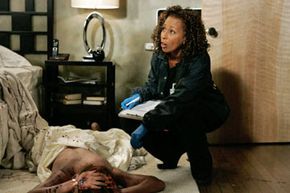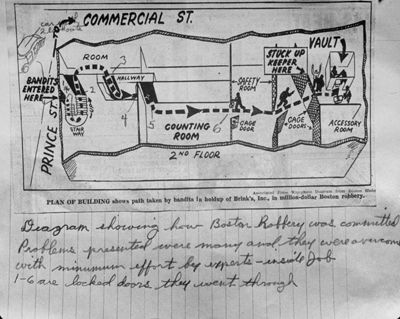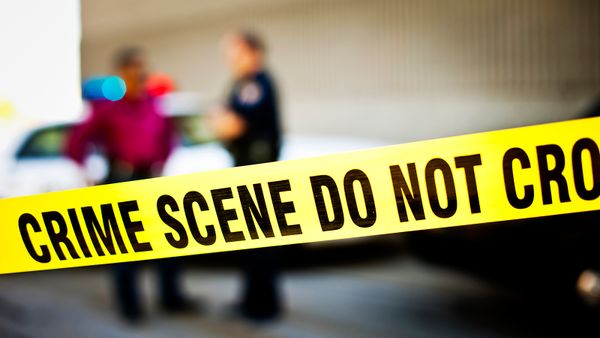Here's a scenario that could conceivably keep a prosecutor or cop up at night: Aided by what they learn onTVshows like "CSI," "Bones" or " Law & Order," criminals have now figured out better ways to pull off their misdeeds without getting caught. Leaving aside the specific inaccuracies of crime dramas, the kernel of truth the TV shows get absolutely correct is how law enforcement has come to rely more and more on DNA evidence to obtain convictions, particularly when compared to a decade or two ago [source:Novak]. "It wasn't long ago when DNA evidence was introduced in a trial, such as the O.J. Simpson case, that the jury and public had a hard time understanding what it meant and were skeptical about it," says Ken Novak, a criminal justice professor at the University of Missouri, Kansas City. "Fast forward almost 20 years, now juries need it."
A number of prosecutors and police officers do believe that crime shows that focus so much on the importance offorensic evidencehave also made some criminals keenly aware of the need to erase it [source:Farquhar]. Wayne Farquhar, a police officer with nearly three decades of experience with the San Jose, Calif. Police Department, does believe at least some criminals are learning.
Advertisement
"I see crooks more aware of protecting themselves against leavingDNA, whether it's by using gloves or masks, or the way they wipe things down and clean things," he says. For example, Farquhar remembers an instance when a criminal scrubbed a car down with bleach, assuring that no DNA evidence would be found. Although not a TV show, the movie "The Town," about a group of Boston bank robbers, featured similar techniques that would have given helpful tips to observant criminals. It showed how they avoided detection by using bleach and burning getaway cars to destroy evidence [source:Farquhar]. "You won't get anything out of a torched car," Farquhar says.
Read on to find out why TV might have a bigger impact on juries than criminals.
Advertisement






